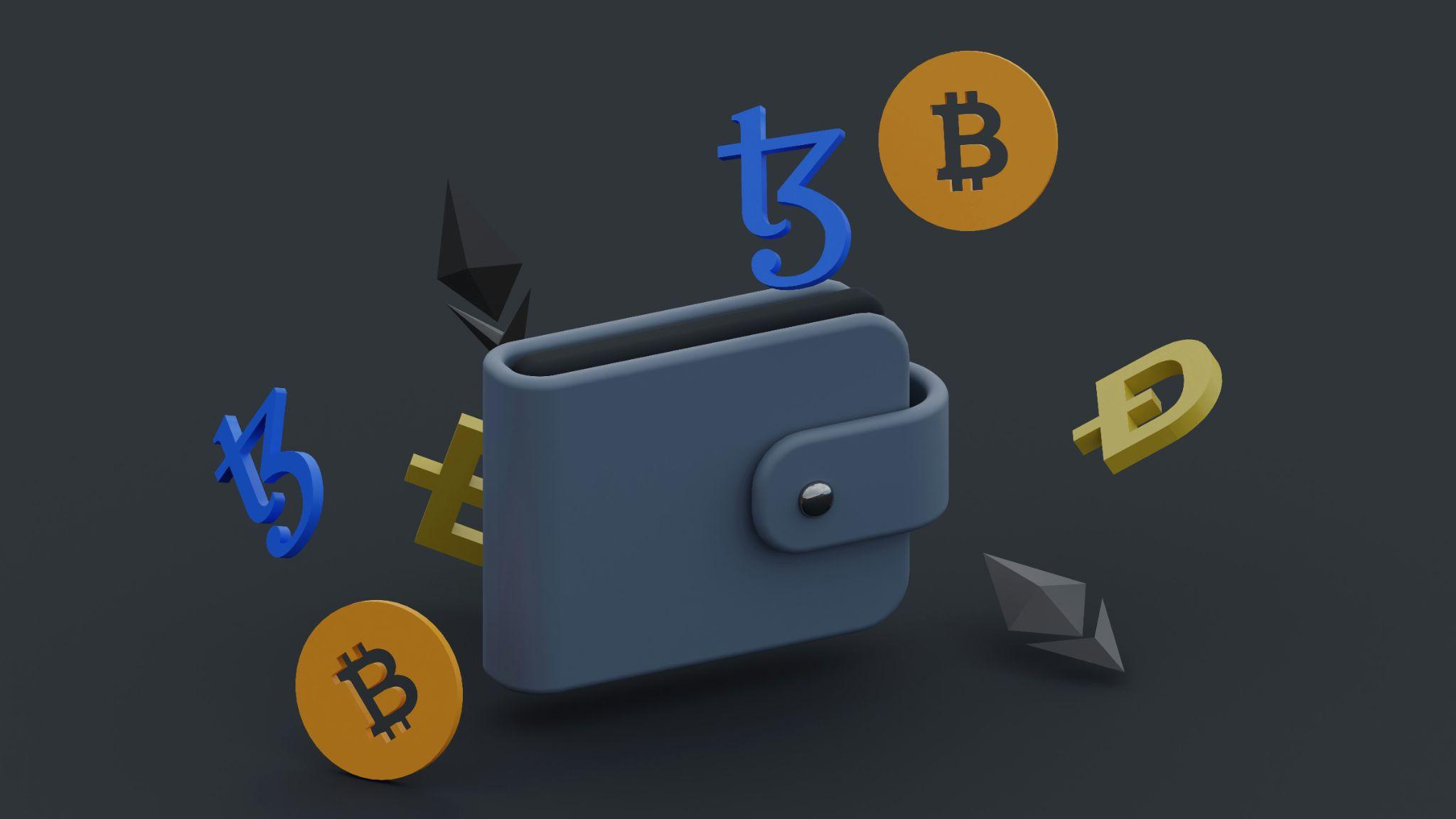
Photo by Shubham Dhage on Unsplash
Sweepstakes casinos are a form of non-casino gambling that has been around for many years. The basic principle is simple: participants receive free entries to play games, and they can win prizes as a result of random outcomes. This model has flourished as an alternative to conventional online gambling in markets with stringent regulations on gambling.
Digital Wallets Connecting Traditional Gaming and Blockchain Technology
The convergence of sweepstakes casinos and cryptocurrency has given rise to the need for wallets that are compatible with various platforms. Many crypto wallets have been designed for better inter-connectivity with various platforms, and sweepstakes casinos are among them. The best bnb wallet options, for example, now come with dApp support, staking options for crypto winnings, and advanced security features that make them practical for users who want to manage their digital assets while participating in chance-based gaming. These wallets have become a vital tool for individuals who want the entertainment value of conventional gaming ecosystems and the convenience of crypto-centric environments by providing layers of security that earlier digital wallet operating systems lacked.
Reassurance from Blockchain Accountability
Traditional sweepstakes casinos have always been plagued by questions of fairness. Players must be confident that the outcome of games is not controlled by a hacker or rigged in favor of a particular party. Blockchain technology can be used to solve these problems by providing an immutable and verifiable record of all transactions and outcomes. When a sweepstakes casino happens to operate using a blockchain, the whole thing is transparent. Anyone is able to confirm that games were handled fairly and that winners were determined by the rules stated.
This kind of transparency was not possible using traditional centralized digital systems. Blockchain records cannot be edited: the transactions recorded on the blockchain are immutable, meaning once they have been recorded, they can never be changed or deleted. This results in an audit trail that stretches from the time when someone plays a game to the last prize distribution. This trail can be reviewed at any time by both regulators and players in order to provide accountability that was difficult to achieve in traditional systems.
Smart Contracts Automate Prize Allocation
Smart contracts have changed the distribution of sweepstakes casino prizes. With the conventional schemes, the winners had to wait for verification, processing, and manual distribution of winnings, which were sometimes a matter of weeks or months. With smart contracts, the rules get written into code, which is executed automatically once it is determined that the conditions have been met. If someone wins, the prize gets transferred to his or her wallet instantly without any human intervention. This eliminates delays and minimizes the possibility of disputes over the facts of whether prizes were actually paid out.
Automation also reduces administrative costs, meaning operators can provide better prizes or run games more frequently. Smart contracts remove the middlemen that were used to verify and distribute, and streamline what was often a burdensome and difficult-to-understand process. The software that controls these contracts is often open source, which means anyone technically inclined can inspect the code that controls how prizes are awarded to make sure the system is working according to its descriptions.
Participation is Now Borderless
Cryptocurrency eliminates geographical boundaries that restricted traditional sweepstakes casinos. In the past, there were legal limitations and challenges in processing payments, which meant that many platforms were limited to specific countries or regions. Companies had to deal with different banking systems, currency conversions, and regulatory frameworks to enter into each market they wished to enter. Crypto enables individuals in various countries to play on a single digital currency. The blockchain knows no national boundaries, and transactions are equally quick when players are closer or further away.
This has increased the potential number of players and diversified prize pools. International participation also means that sweepstakes casinos will be able to reach a broader audience and offer larger prizes than would be possible within one country. The removal of currency conversion fees and costs of international transactions makes the acceptance of small entries from anywhere in the world economically feasible.
Proven Fair Casino Algorithms Replace Trust
The idea of provably fair gaming has come out of the innovation of crypto. Traditional sweepstakes casinos required players to have a degree of trust that the process used to select winners was genuine. Provably fair algorithms allow players to validate the randomness on their own.
This moves the model from “trust us” to “verify yourself”. Cryptographic hashing functions ensure that the random seed is locked after bets are placed. Before games are played, players are assigned hash values with which they can compare the results after the games and see if anything was altered mid-process. This mathematical proof of fairness is a fundamental change in the way that casino games based on chance work.
Micro-Entries and Partial Participation
Cryptocurrency makes participation models that were not practical before possible. Traditional sweepstakes casinos usually had minimum requirements, and the amounts would add up fast over multiple games. Crypto allows micro-transactions, which require fractions of a cent. Players can make small bets in several rounds rather than investing one large bet. Some platforms also allow people the opportunity to group their entries, forming collective stakes on potential winnings.
This fractional approach allows for sweepstakes casinos to be more accessible for people of different budget levels, as well as leading to more flexible participation options. Someone with a limited budget may have the option of playing several games with small amounts of money instead of having to choose one game and commit a larger sum of money. Because some cryptocurrencies have low transaction costs, these micro-entries could be economically justified, whereas traditional payment processing fees would have consumed most of the value of the entry.
Instant Global Prize Pools
Traditional sweepstakes casinos had to accumulate entries over time and to accumulate prize money in a piecemeal way. Cryptocurrency platforms can generate prize pools instantly by staking tokens in smart contracts.
The prize value changes dynamically as more players get in or out, or as the token's value increases. This level of transparency allows players to know precisely how much the current prize pool is worth at any given time, another level of transparency unavailable to previous systems.
